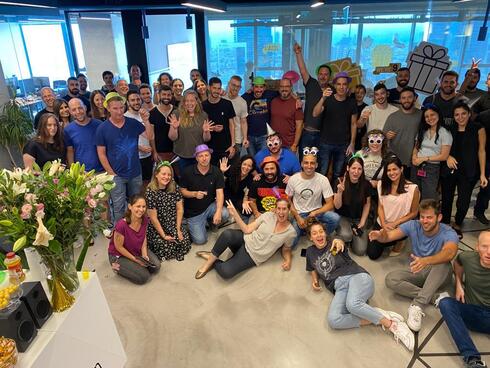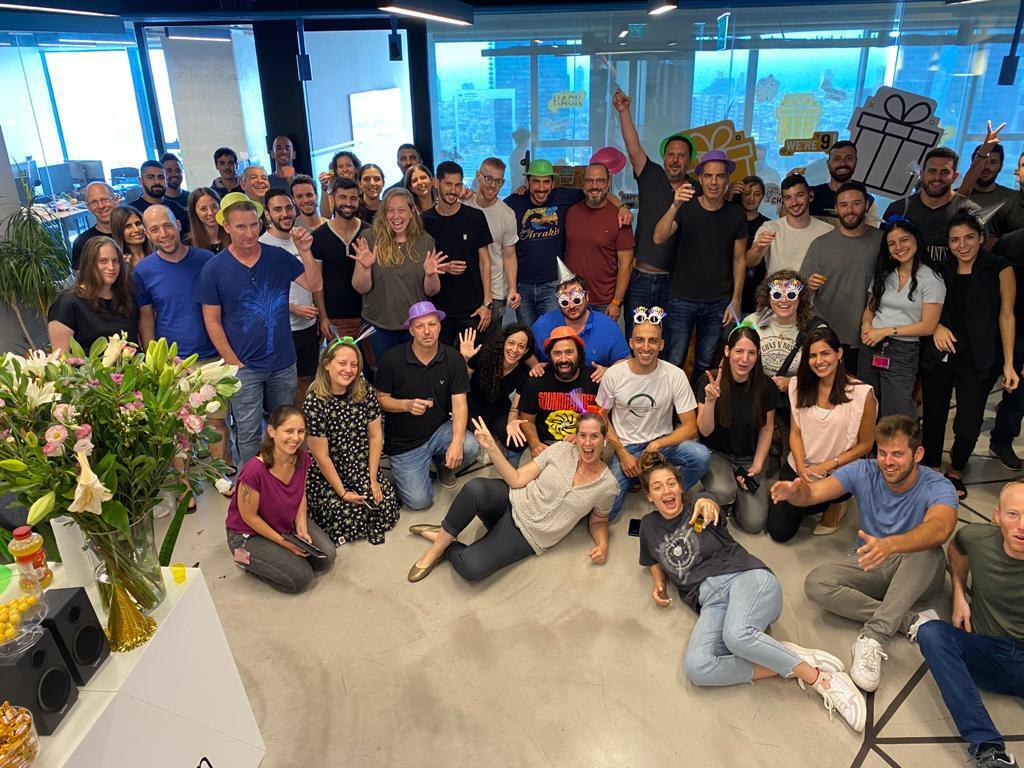
Uni-cuts: Why even unicorns with plenty of cash are making significant cuts
Unicorns like Trax, Cybereason and OpenWeb, which raised hundreds of millions of dollars last year, have announced the layoff of dozens of workers in recent days. The reasons: maintaining the cash in their coffers, keeping the company’s investors calm and retaining talents
In recent days, three Israeli unicorns, Trax, OpenWeb and Cybereason, have announced the dismissal of more than 200 workers. Trax laid off 110 workers, OpenWeb 14 and Cybereason let go of 100. The three companies each raised hundreds of millions of dollars last year at values of more than a billion dollars. The number of layoffs may not be large and they are not exactly textile workers who will not find another job in their field, but it is still a disturbing phenomenon, as these are relatively well-established companies, which have both cash and breathing room.
However, the unicorns that have grown over previous years have found that behind their huge fundraising stands a significant commitment - to the company's employees whose options are linked to the company's value, to current company investors who do not want to lose value, and towards potential customers and partners who see the decline in value as a hit to the company and a reason to reconsider continuing to work with it.
It is this commitment that is pushing high-cash companies such as Trax, which holds hundreds of millions of dollars in the bank, Cybereason, which has the backing of huge funds, and OpenWeb, which has raised $150 million, to carry out a painful process for the company in the form of layoffs. The company executives, who are experienced entrepreneurs, understand that it is better for them now to cut the company's expenses which will ensure not only holding onto the cash in their coffers, but also secure quiet from the company's investors and employees. The fear of raising funds at a lower valuation is in fact the strongest motivation behind all the unicorn activity right now. None of them want to deal with a down round.
Trax and Cybereason have a very significant joint investor who is also in considerable difficulties these days and is SoftBank. The Japanese fund is the largest investor in Cybereason and one of the largest investors in Trax, which has a lot of activity in the East, especially in Singapore. SoftBank recently reported many losses from its funds and it is not inconceivable that some of the streamlining measures taken by companies in which the fund has invested are out of an understanding that future support from the giant fund won’t be coming in the near future.
2020 and 2021 were the years of the unicorn, every high-tech company did its best to reach the desired value of a billion dollars. Not a week went by when a company did not achieve unicorn status. What's more, many companies have climbed to a value of more than $5 billion, all on the basis of revenues of tens of millions of dollars and sometimes only a few million dollars. 2022 was the end of the celebration. Valuation, which was the overarching goal of 2021, has been put aside in 2022.
Many companies that have raised at these valuations in previous years now realize that they may soon have to raise at a lower value and are starting to look for ways to postpone the pain. Down rounds are not only a moral blow to a company that will have to explain why, but also a severe blow to existing company employees who will have to reevaluate their options and to the company’s current investors.
Trax raised $640 million last April, the single highest funding round for an Israeli high-tech company. The company's value was estimated at $2.5 billion. Cybereason raised $275 million at a value of $3 billion and OpenWeb raised $150 million at a value in excess of $1 billion. Despite all this good, in view of the shaky markets and rising interest rates they opted for the solution of layoffs.
The future of Trax after the recruitment looked extremely rosy, even though the company laid off several dozen employees earlier this year on the grounds that it is preparing for a huge IPO during the year. The company has already chosen an investment bank for the IPO. Unsurprisingly, the cold wind coming from the public capital markets cooled the offering and returned it to the company’s shelves.
Trax is currently executing another round of layoffs, which will probably reach more than 110 employees, who make up 12% of the company's total workforce. Israel is the main casualty in this round, with about 50 employees, who constitute 20% of the local office, to be let go. According to Bar-El, the reason why the damage to Israel is more severe is that the company is closing some unprofitable product lines that are active in Israel.
The company, which employs 950 people in total, has developed computer vision and data processing solutions for the retail world. Trax has a significant workforce, with quite a few of its employees being operations workers who work for the retail giants. In recent months, giants such as Target and others have reported poor results and some have suffered severe declines in public markets. Trax, which works with many food retailers, cannot avoid the problems of this industry and despite the commitment of the company's founder - it is not inconceivable that the current wave is not the last.
Another problem that makes it difficult for Trax is the fact that the company has in recent years made a number of acquisitions and has been forced to absorb a large number of employees. The company's rapid growth in personnel has now forced it to rush and lower its workforce if it wants to preserve its amount of cash in its coffers.














